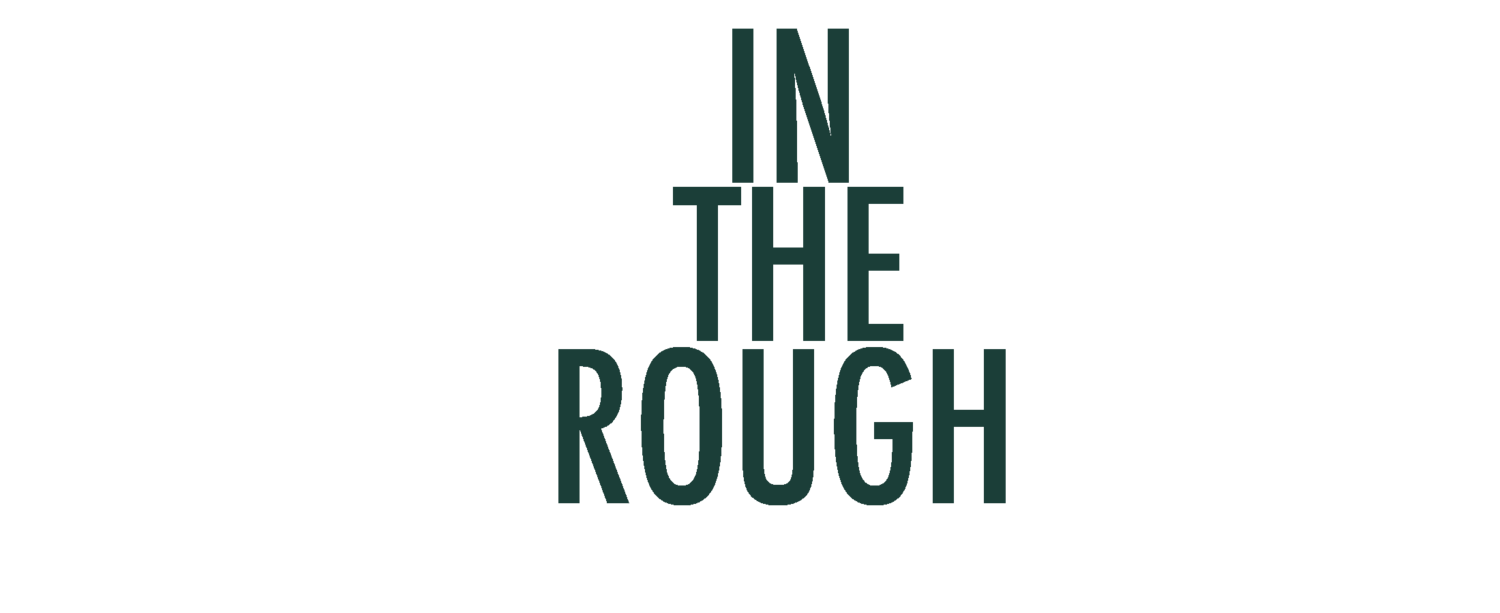Wrapping up our conversation with Cautious Clay, we get a glimpse of what life was like across the pond and how his study abroad experience turned out to be just as much music-driven as it was academically-driven. If anything, let his story be a testament to the power of people and connections, as emails via SoundCloud culminated in a student from D.C. being featured on several projects from emerging English artists.
MY: You spent a lot of time in London. What was that like?
JK: Yea, it was incredible. I didn’t want to leave. It was crazy because I was there for study abroad and I went with the intention of doing some music. From the beginning I was like, ‘I’m gonna do some music, this is fucking London, I’m gonna do this shit. I did it in D.C., why not do it in London,’ you know? So, I found a group of people at my university who were chill and then I started going on SoundCloud, finding cool producers, and emailing them. A couple hit. MNEK and Flako had me come over for a session and from there it was just a really inspirational city. Not only the music scene, but also the people and the environment.
MY: What are the cultural differences in the urban environment?
JK: I think the people are a lot more open to the artistic side of things. They’re more accepting of the artistic side of music than the US. They have a higher threshold for hearing things that are just good. They don’t have to be a certain amount of time or BPM, they just make shit that doesn’t have to be a certain way, and I think that’s really cool. I also think there’s less of an emphasis on making money. I mean, you have to make money, but over there it’s less so because they have more room for people to live.
AY: Would you say London is a better place for creative influence or collaboration?
JK: Yeah and no. The U.S. is a great place, too. New York is f*cking sick. There’s some crazy motherf*ckers in New York, for real. So, I wouldn’t go as far to say that London is more creative, but I think its just more people are open to create initially. There’s not as much politics. The politics is a little different in London and it meshed well with how I wanted to do things. In London they’re not gonna be like, ‘Oh you have 75 followers. I have 500,000. I can’t talk to you,’ versus in New York you might have some sh*t like that. In D.C. you definitely have some sh*t like that. There’s more of camaraderie for the music.
AY: It seems real genuine in understanding. We’re all here for the same purpose.
JK: Exactly. There’s much more of a true love for the music, and not just the scene, you know.
MY: What’s next for Cautious Clay?
JK: I don’t know, man. I’m working on a lot of new stuff. I think I’m going to be a lot more casual with my page. Cautious Clay is something that’s really important to me, but I think it’s more of an experimentation of what I want to create artistically. I want to push the limits of my sound and what I think is great and what people will accept and what people can really get into, you know. I want to expand people’s minds. That’s really the purpose of Cautious Clay. I think my more artistic side and more soulful side comes out in my instrumentation—my performance. I want to have a project that integrates my performance. For me that’s not a DJ, regardless if a DJ can perform. For me it comes down to me singing, me having a band, me creating something that really speaks to people in a different way.






